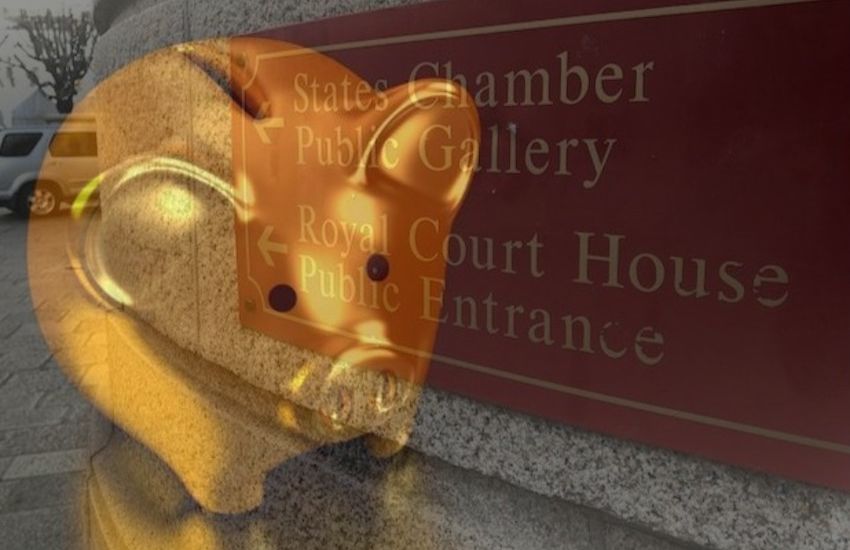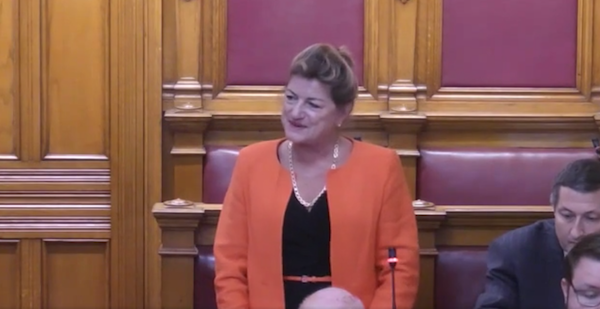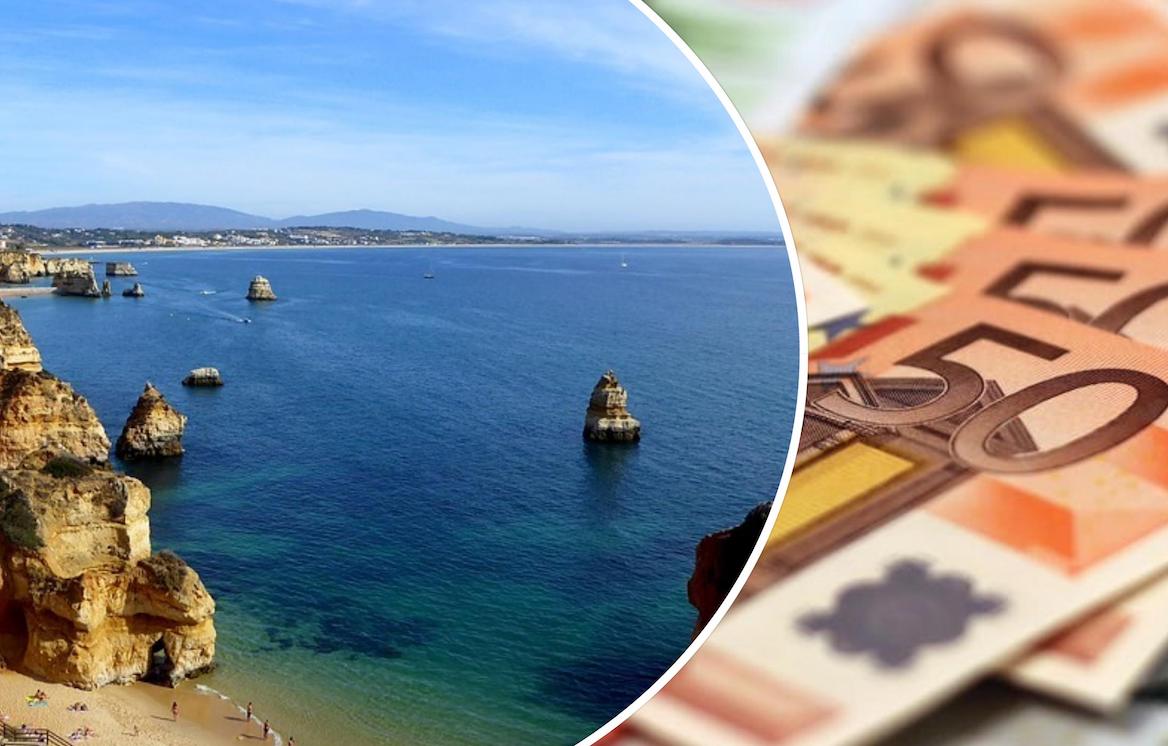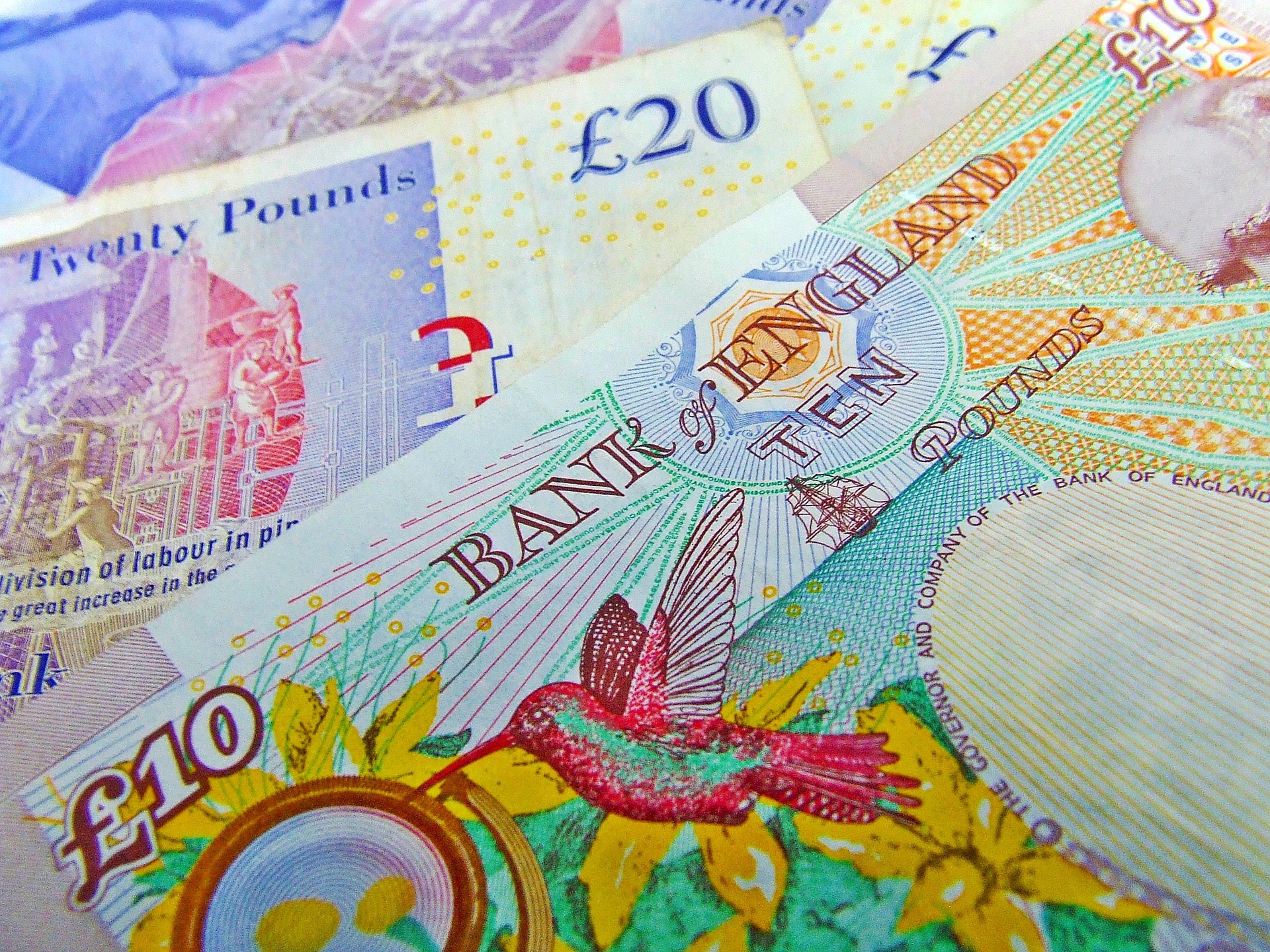

The Treasury has warned of a deficit of £30 to £40million in the coming years if action is not taken, as the new Minister unveiled her “steady as we go” Budget plans for 2019.
It was the first major announcement for Treasury Minister Deputy Susie Pinel – new to the post since the May elections – who promised no “shocks” or “surprises” and advised that her plans followed the core principles of “balance” and “common sense”.
If the Minister’s plans are approved, first-time buyers are set to gain from this year’s Budget. The threshold for first-time buyers’ relief on properties will increase to £500,000 – £50,000 more than previously – while the Minister also proposes removing stamp duty altogether on mortgages for homes of up to £600,000.
This will be paid for by an increase in standard duty rates for homes over £500,000.
She said that this addition came “in recognition” of the “housing challenges that currently face islanders” and in line with the Council of Ministers’ set of policy priorities.

Pictured: Treasury Minister, Deputy Susie Pinel.
Single people will see their income tax bill go down by £130, with personal tax-free income allowances planned to go up to £15,400.
There will also be a £150 rise in the second earners’ allowance to £6,000.
The hotly-debated issue of taxes on overseas Jersey residents, who previously complained of having their marginal relief removed causing them to be taxed at 20%, also made it into the Budget.
Despite labelling the island’s approach as “generous on an international comparison basis”, the Minister explained that she was concerned about those on a “low worldwide income” and others subject to double taxation.
She therefore suggested that those on incomes beneath the standard exemption thresholds available to Jersey residents should pay no tax, and that those paying more should see their tax reduced below 20% using a “graduated” rate that takes their worldwide income into account.

Pictured: New tax reliefs were offered to islanders' living overseas.
But it was less good news for smokers, who will see 59p duty added to the price of a pack of cigarettes, an inflation-busting increase of 9.5%% in duty.
However, other rises were kept below the level of inflation, the Minister said.
It was for that reason that the price of a pint will only move up by 1p, while spirits and wine will go up by 5.4p and 5.3p respectively, equivalent to a 3.5% rise in impots overall.
Fuel price rises remained below RPI, but only slightly, with a rise currently placed at 2p.
While there might not have been a “shock” for retailers like last year’s unveiling of the proposed 20% retail tax under former Minister Alan Maclean, the sector will also find little comfort in the Budget after their calls for the £240 ‘De Minimis’ GST exemption threshold on online orders to be removed went unheeded, as previously reported by Express.

Pictured: Smokers will see the average price of a cigarette packet increase by nearly 60p.
“Since GST was introduced in 2008, it has been recognised that there is a level below which it is neither practical nor cost-effective to seek to collect the tax on postal/packet importations for personal (non-business purposes),” Deputy Pinel explained.
However, she said that she was “mindful” of high street retailers’ struggles and therefore pledge to continue reviewing the issue in subsequent Budgets, “as a transitional step towards its inevitable abolition in the future.”
£168million has been put aside for capital projects, including a new £2million CT Scanner for the hospital. £20.7million of that will be spent on “vital infrastructure” such as roads and sewers, wile £3.8million will be directed at the development of Grainville School.
“Considerable investments remain to be made in our island’s infrastructure, to benefit the community, regeneration and the economy.”
However, forecasting for the time ahead was a more cautionary picture from Treasurer Richard Bell, who explained that annual deficits of £30million to £40million were currently being predicted from 2020 onwards.

Pictured: Treasurer Richard Bell warned of a potential recurring deficit from 2020 if the States don't take action to get their finances back in the black.
This came from a “failure” to deliver on previous revenue-raising measures such as the Waste Charge and Health Charge under the previous government, meaning that departmental savings and efficiencies will have to play an “essential” role in closing the gap.
Commenting on her first Budget, Deputy Pinel said: “This is an affordable, balanced and common sense Budget, which is right for our current circumstances. In abiding by the three core principles, my first Budget contains no surprises, with no major tax measures, and does not disturb my predecessors’ long-term fiscal framework of achieving a balanced budget.”
She later added: “We will need to make some difficult choices and have some serious discussions about how we pay for our public services and investment in priorities, as our plans must be affordable and finances must be sustainable.
“We have just lodged a Common Strategic Policy which set out our ambition to make a positive difference for Islanders. Over the coming weeks and months, Ministers and officials will be working hard on details of activities that the government will propose in the Government Plan 2020-23. These initiatives will be thoroughly costed.
“In the meantime I look forward to announcing the efficiencies and savings arising from the new Target Operating Model. The aim will be to eradicate the deficit and fund the investment in our priorities.”
The States Assembly will debate the Budget in early December.
Read the full set of proposals here.
Comments
Comments on this story express the views of the commentator only, not Bailiwick Publishing. We are unable to guarantee the accuracy of any of those comments.